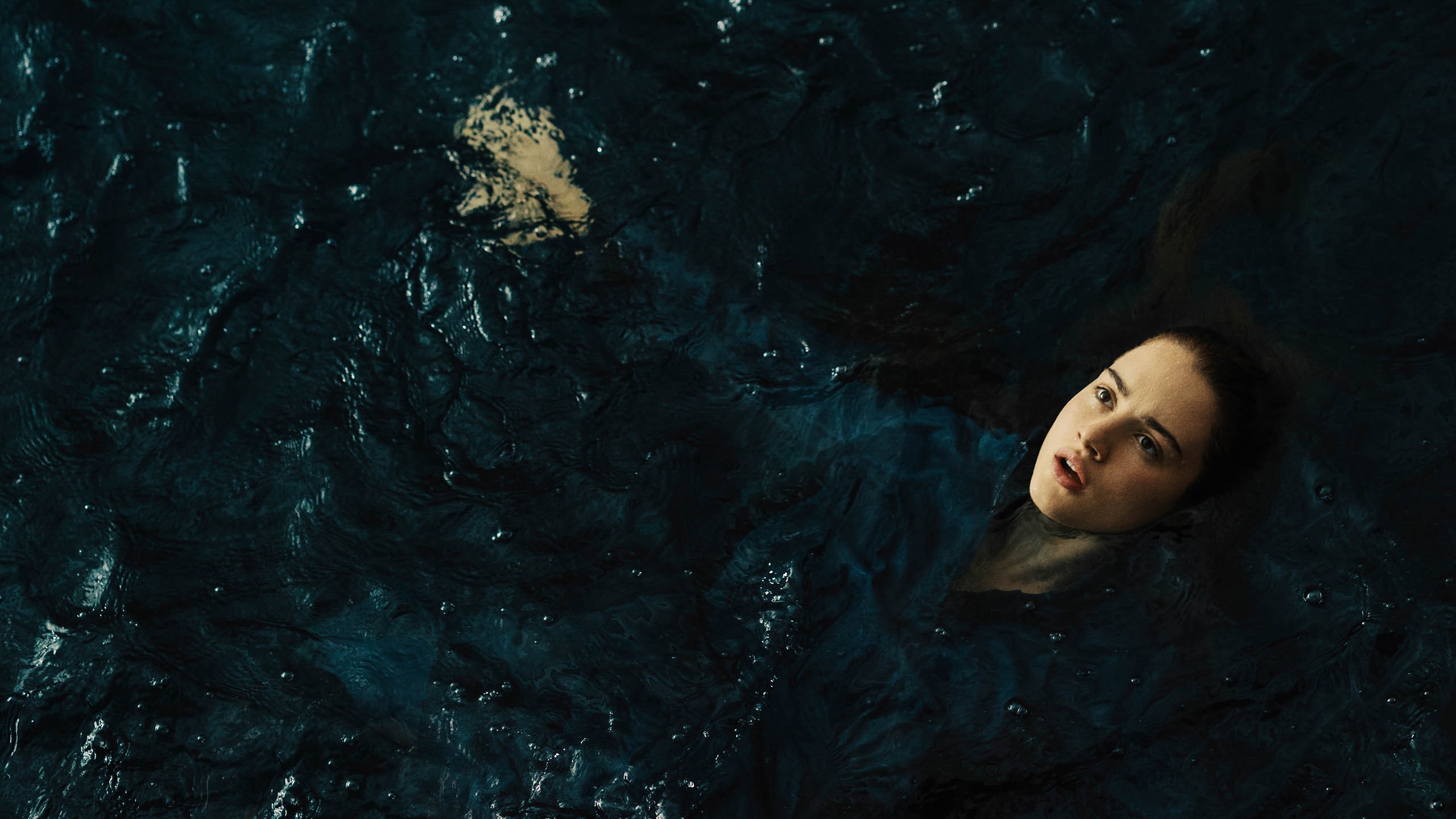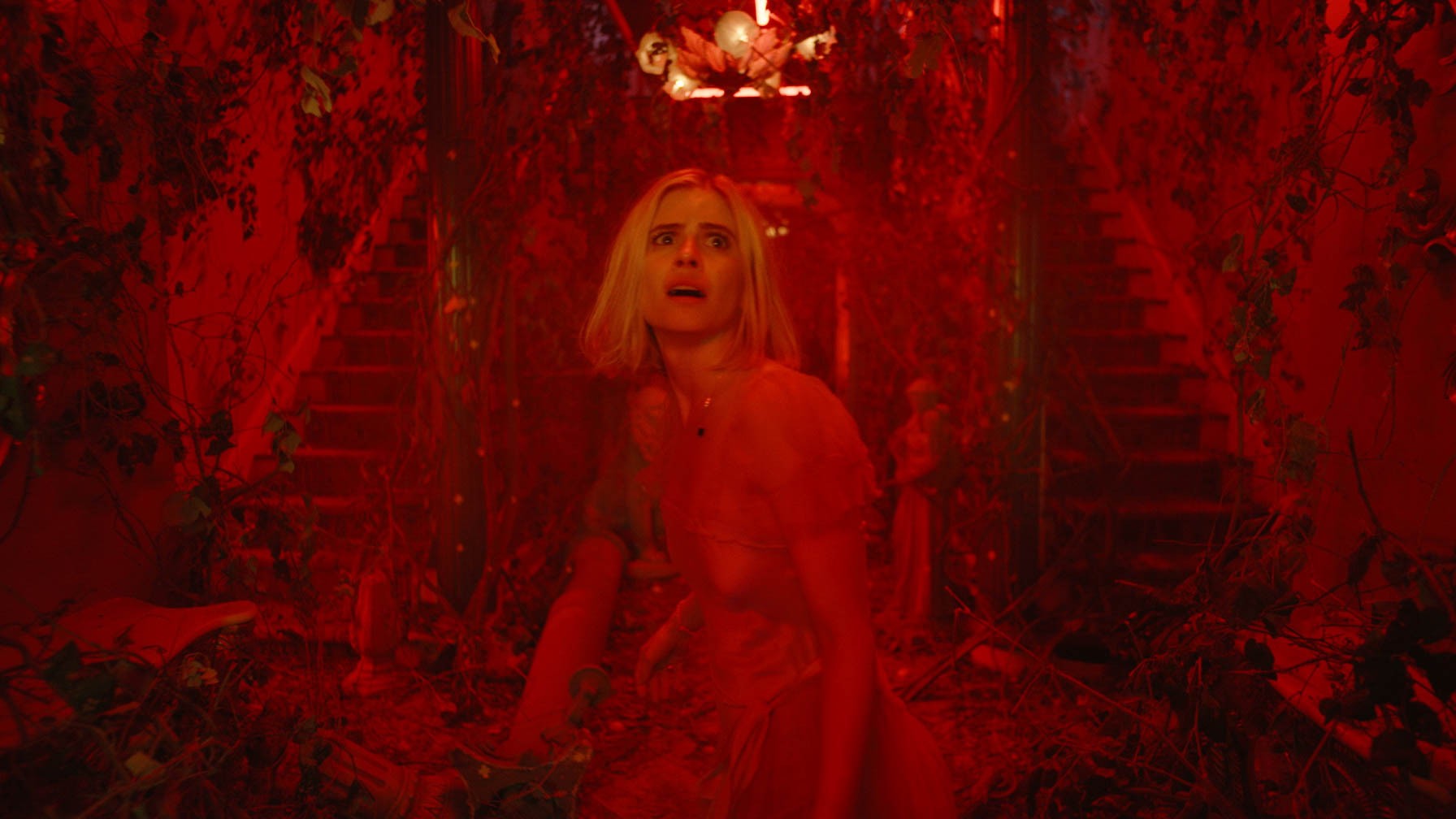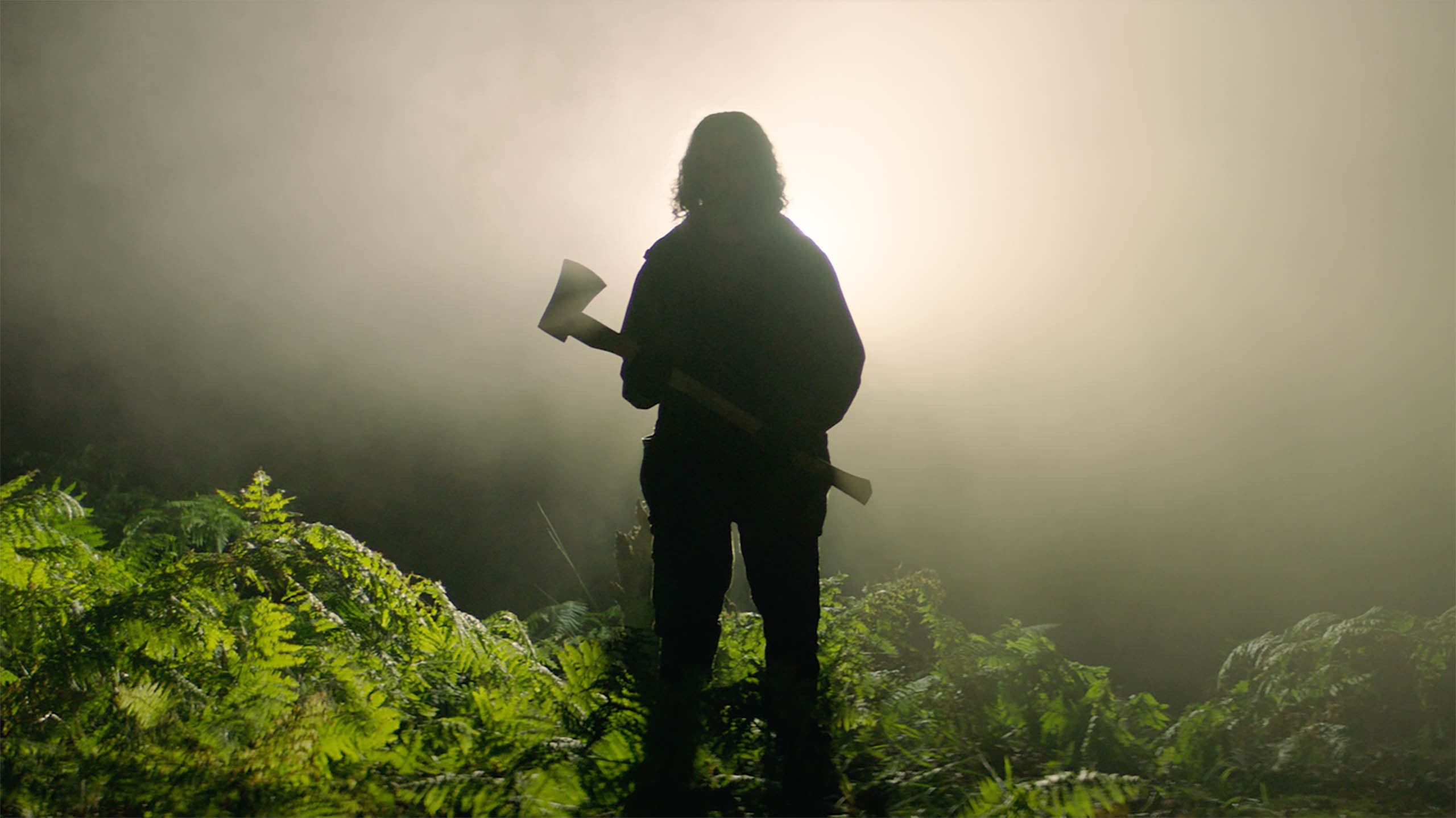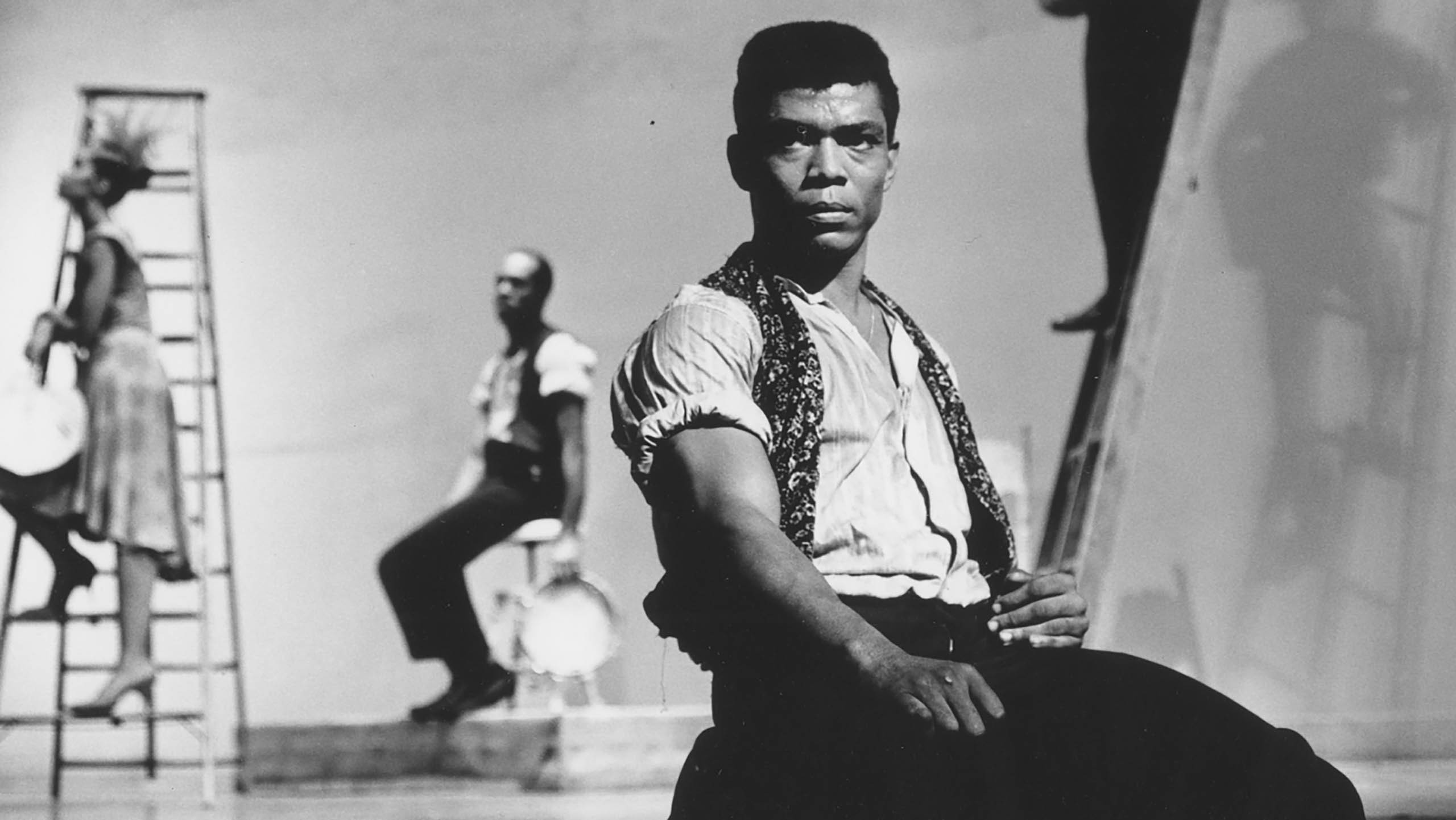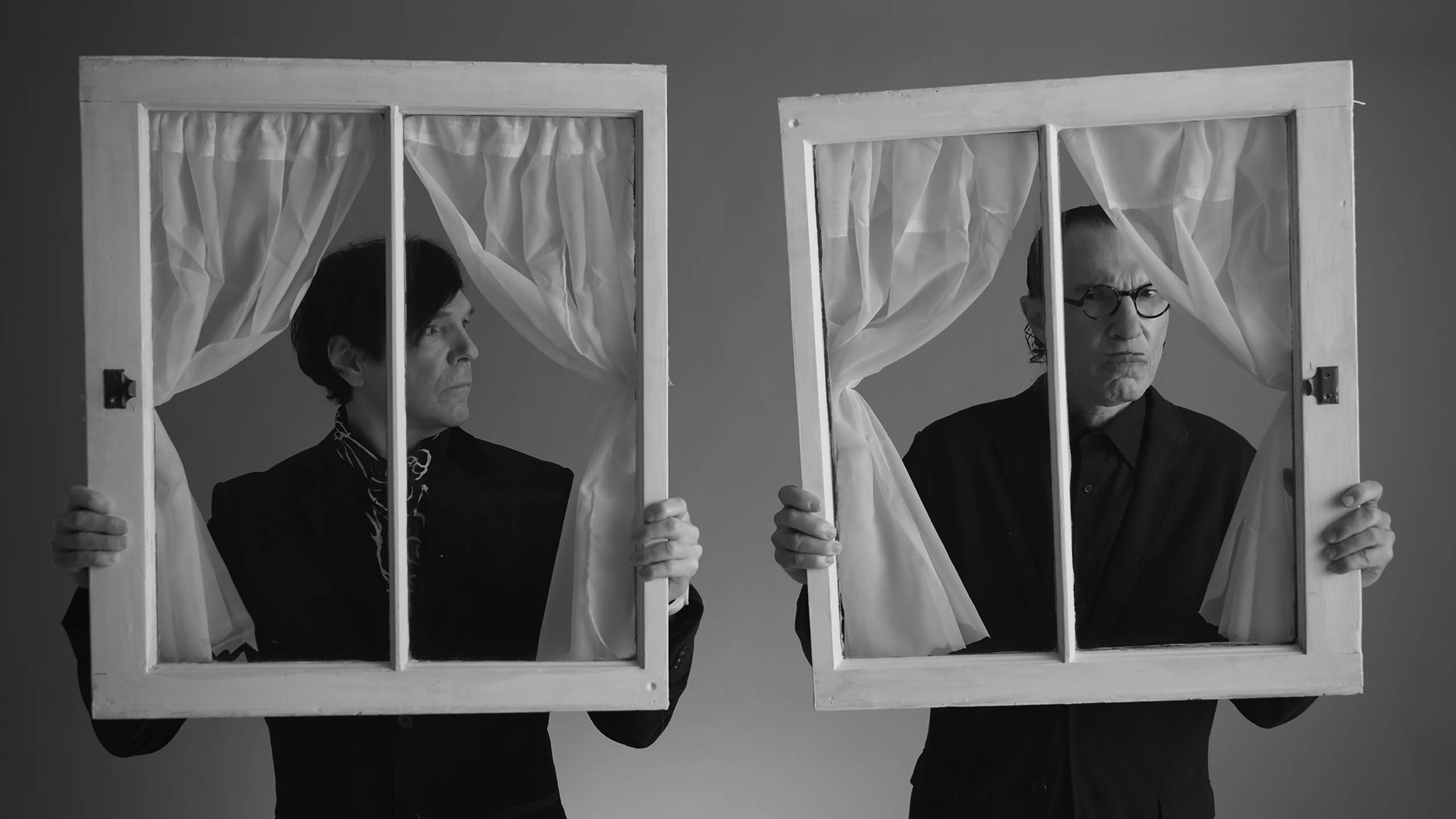
The Sparks Brothers
There’s a lot of remarkable things about Sundance 2021, but it will be remembered as a year of great music-related documentaries. After the shattering Summer of Soul opened the virtual end of the festival, next up was The Sparks Brothers. Director Edgar Wright made his name with snappy comedies like Sean of the Dead and the almost-musical car chase picture Baby Driver. For his first documentary, he tackled “your favorite band’s favorite band.” Sparks are the brothers Ron and Russel Mael, who are not, in fact, British, but from California. Wright makes clearing up that misconception his first order of business as he plunges into the fascinating, convoluted history of the group.
After being inspired by the British Invasion, the Mael brothers broke into the business as Halfnelson. From their first recording session in 1967, where they created a song called “Computer Girl”, the duo staked out a wry, witty outsider sound. Over the next five decades, they declined to dumb it down or repeat themselves, even when that meant alienating fans who might have just discovered them. Their work veered from Floyd-esque prog rock to the shimmering, Georgio Moroder pop of 1979’s “The Number One Song In Heaven”, which defined the New Wave synth-pop sound that would dominate the airwaves of the 1980s, and still resonates strongly today.
Wright has plenty of material to work with. Sparks made numerous television appearances over the years, including a triumphant breakout on England’s Top of the Pops and near-annual confrontations with a baffled Dick Clark on American Bandstand. (“Which one is the oldest?” Clark asked the brothers. “You are,” replied Ron.) His interviews with the brothers, still stunningly charismatic as they enter their 70s, make clear that the frequent stylistic shifts were not merely done to chase the latest trend, but were just how Ron and Russel’s collective mind works. They couldn’t keep doing the same thing over and over again if they wanted to—and at times during their epic, up-and-down career, it probably would have been better if they had shown some consistency. Even their failed projects, such as the years they spent collaborating with Tim Burton trying to create an animated musical based on a Japanese manga, were ahead of their time.
Wright is a superb filmmaker who brings his restless mind to the documentary, creating a film that is just as vibrant as his fiction work. His fanboy enthusiasm for Sparks shines, and as he devotes running time to the testimonies of fans, he shows he’s not alone. The 2-hour-plus running time seemed long at first glance, but there’s so much story, character, and style on display that it whizzes by. While it lacks the gut-punch emotionalism of Summer of Soul, The Sparks Brothers is a load of fun.
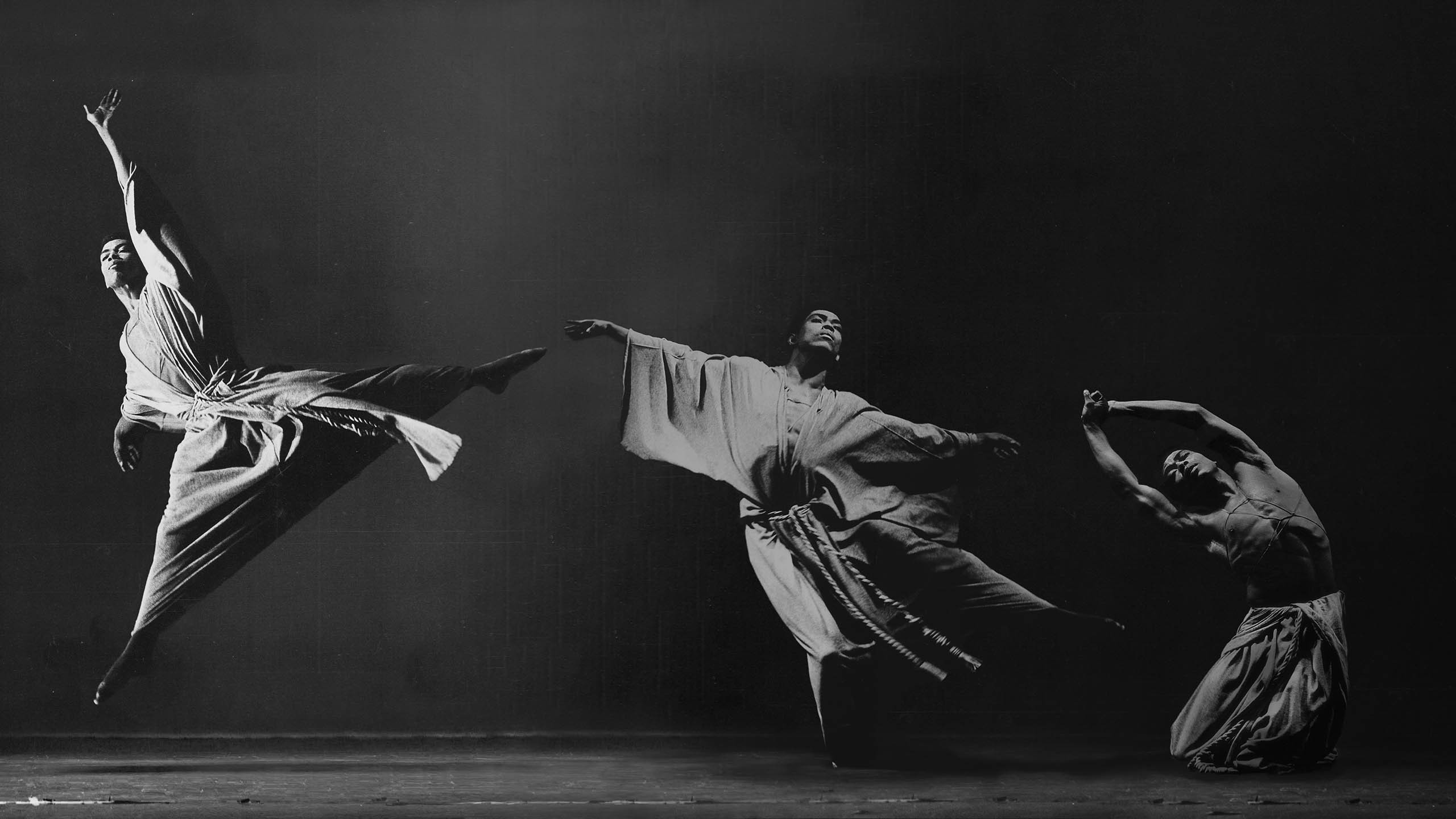
Ailey
Next, we decamped the drive-in for another documentary that proved engrossing. To most people, Alvin Ailey is a brand that is synonymous with modern dance. The American Dance Theater that bears his name in New York is considered the pinnacle of the form. But as director Jamila Wignot’s film reveals, the legend was also a human being. Ailey grew up as the only child of a single mother in Jim Crow-era Texas, where the problems of his Blackness were compounded by his obvious homosexuality. He gravitated towards dance in school, but it wasn’t until a liberating trip to Los Angeles that he found his calling and gave himself permission to pursue it.
A pitfall that docs like Ailey often fall into is assuming the audience knows too much about the famous person they’re profiling. You might know Ailey was famous, but his personal trials and tribulations don’t mean much unless you can understand his talent. If you’ve never seen Ailey himself dance before, the early filmed performances of dance pieces like “Revelations” will be a…well, a revelation.
After establishing his artistic bonafides and the legacy of the groundbreaking dance theater he founded, Wignot turns to Ailey’s personal life. Consumed with dance, he appeared to many around him as a cipher. As one dancer reveals, the world didn’t want to know who Ailey was. They only wanted the legend. The dancer loved by everyone was intensely lonely, having only one boyfriend of note who ultimately walked out on him in the midst of a house party and never returned. Ailey is a more conventional film than The Brothers Sparks, but Wignot’s transparent style is ideal for this story of sacrificing all for art.
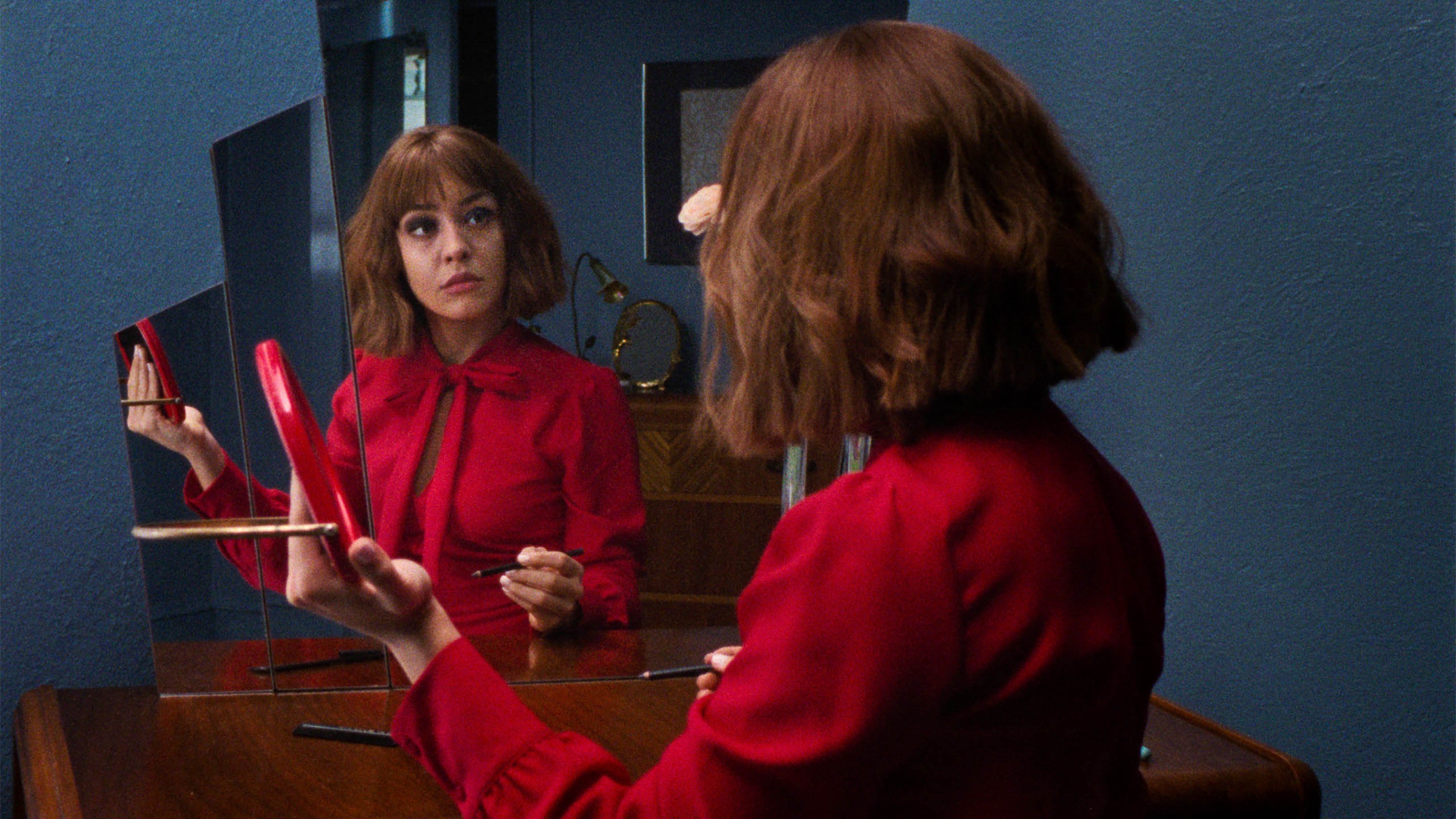
Twins Ani and Alessandra Mesa star in the neo-noir thriller Superior.
After two docs, we returned home to cap the night with Superior. Director Erin Vassilopoulos previously collaborated on a short film of the same name with twin sister actresses Alessandra and Ani Mesa. The feature version sees the sisters reunited after six years of separation. Vivian (Ani Mesa) stayed in their small town and married straitlaced Michael (Jake Hoffman). Meanwhile, Marion (Alessandra Mesa) learned to play guitar, joined a band, and is touring the world. She returns to her hometown after trying to leave her abusive husband Robert (Pico Alexander). Apart, the twins had assumed their own identities. Once reunited, they start to look and act alike again, even as one sister tries to uncover the secrets the other is keeping.
Once again, the David Lynch influence is strong with Superior. This time, instead of the psychedelic inner explorations of Twin Peaks: The Return, whose influence is all over the narrative competition field, Vassilopoulos channels the queasy sexual charge of Lost Highway. The Mesa sisters are mesmerizing as they take an identity-swapping Persona turn on neo-noir.
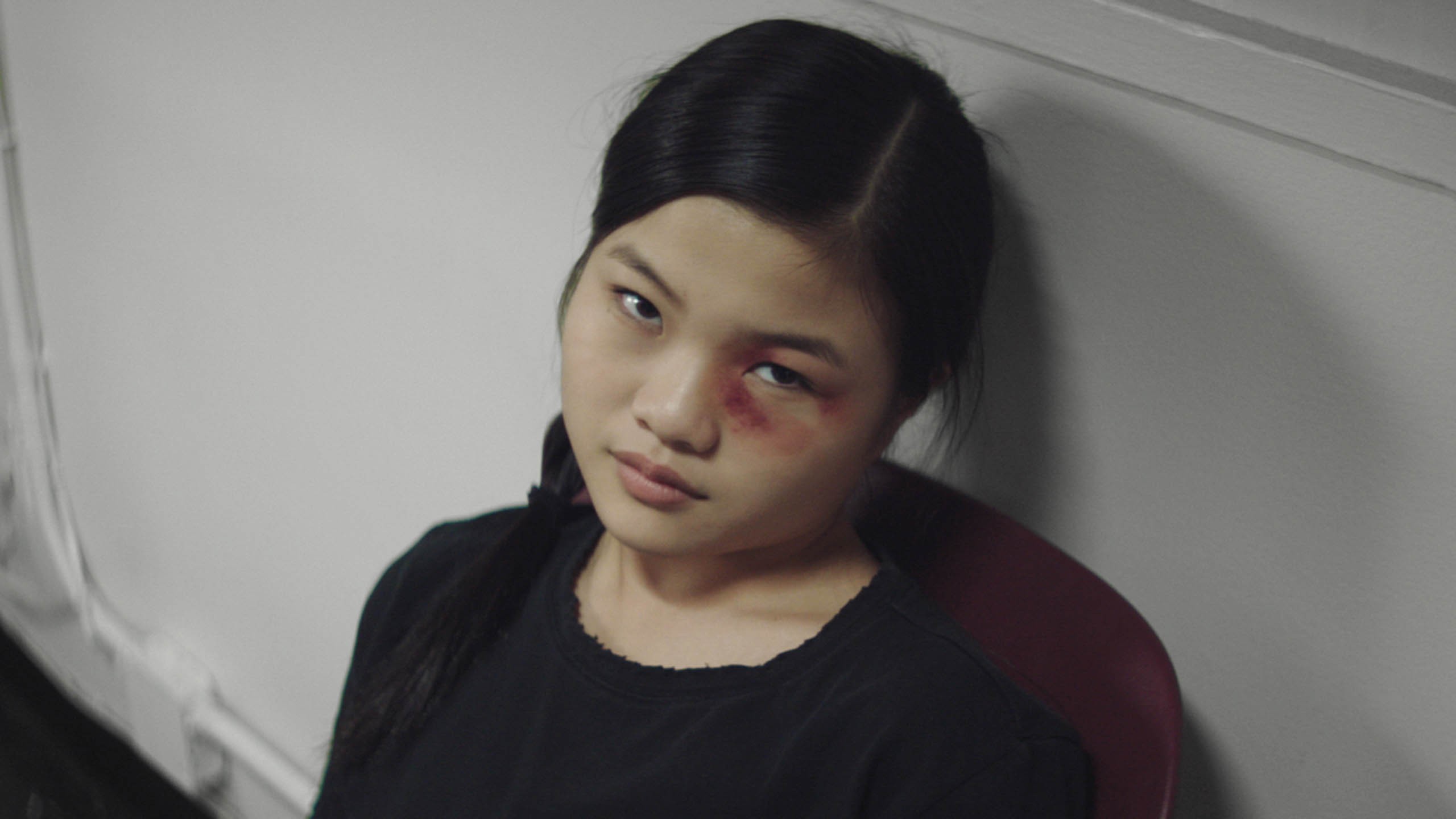
Miya Cech stars as Sammy in Marvelous & The Black Hole
Tonight, the final night of Sundance screenings at the Malco Summer Drive-In kicks off with Marvelous & the Black Hole, by Adventure Time and Steven Universe writer Kate Tsang. Newcomer Miya Cech stars as Sammy, a troubled young girl who meets an unlikely mentor in the magician Margot, played by Rhea Perlman.
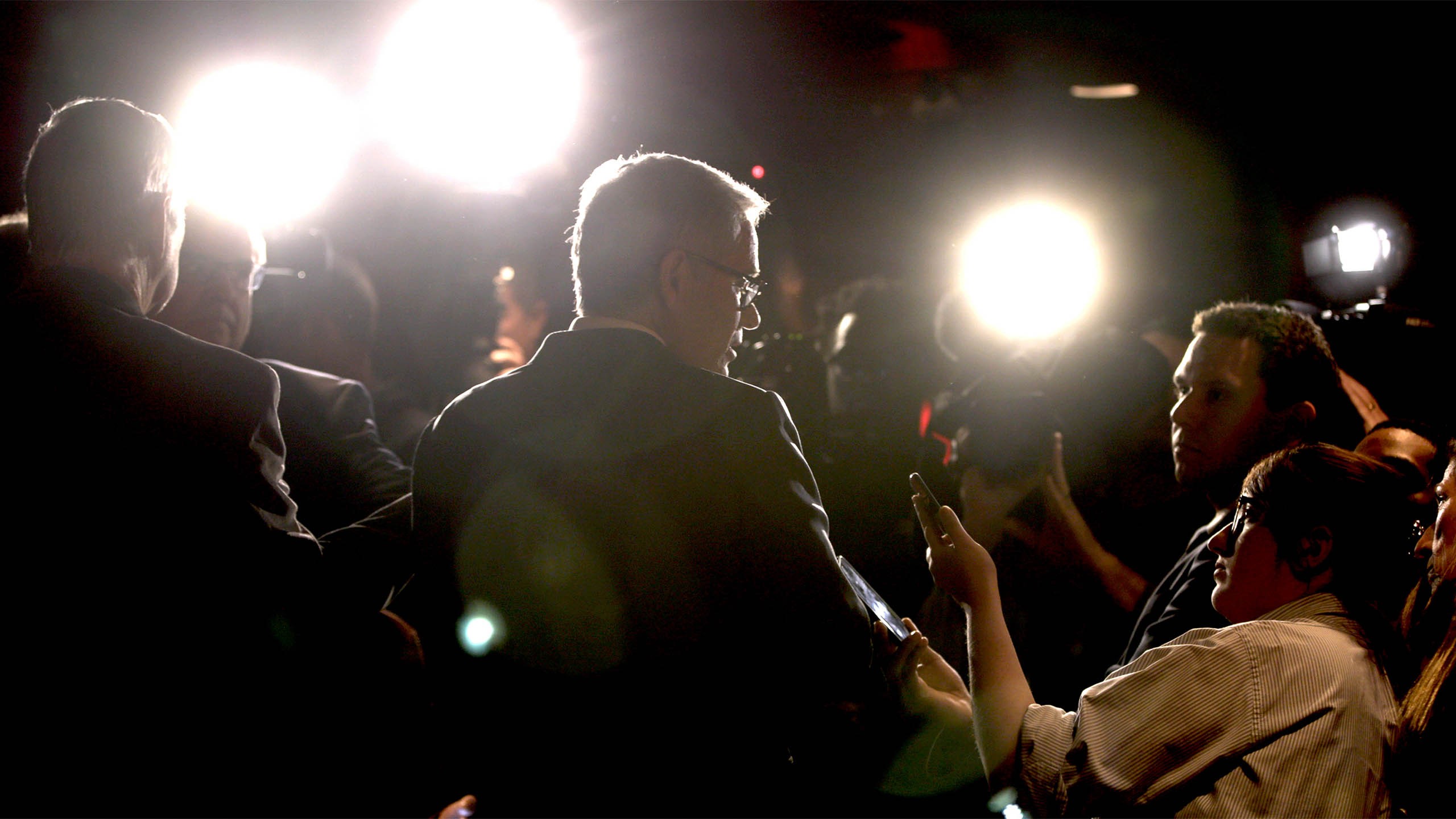
Larry Krasner in Philly D.A.
The final film of Sundance’s first foray into Memphis is documentary Philly D.A., directors Ted Passon and Yoni Brook’s story of civil rights attorney Larry Krasner’s 2017 run for district attorney of the city he sued more than 75 times.
To buy tickets for the final night of Sundance in Memphis, go to the Indie Memphis website.
